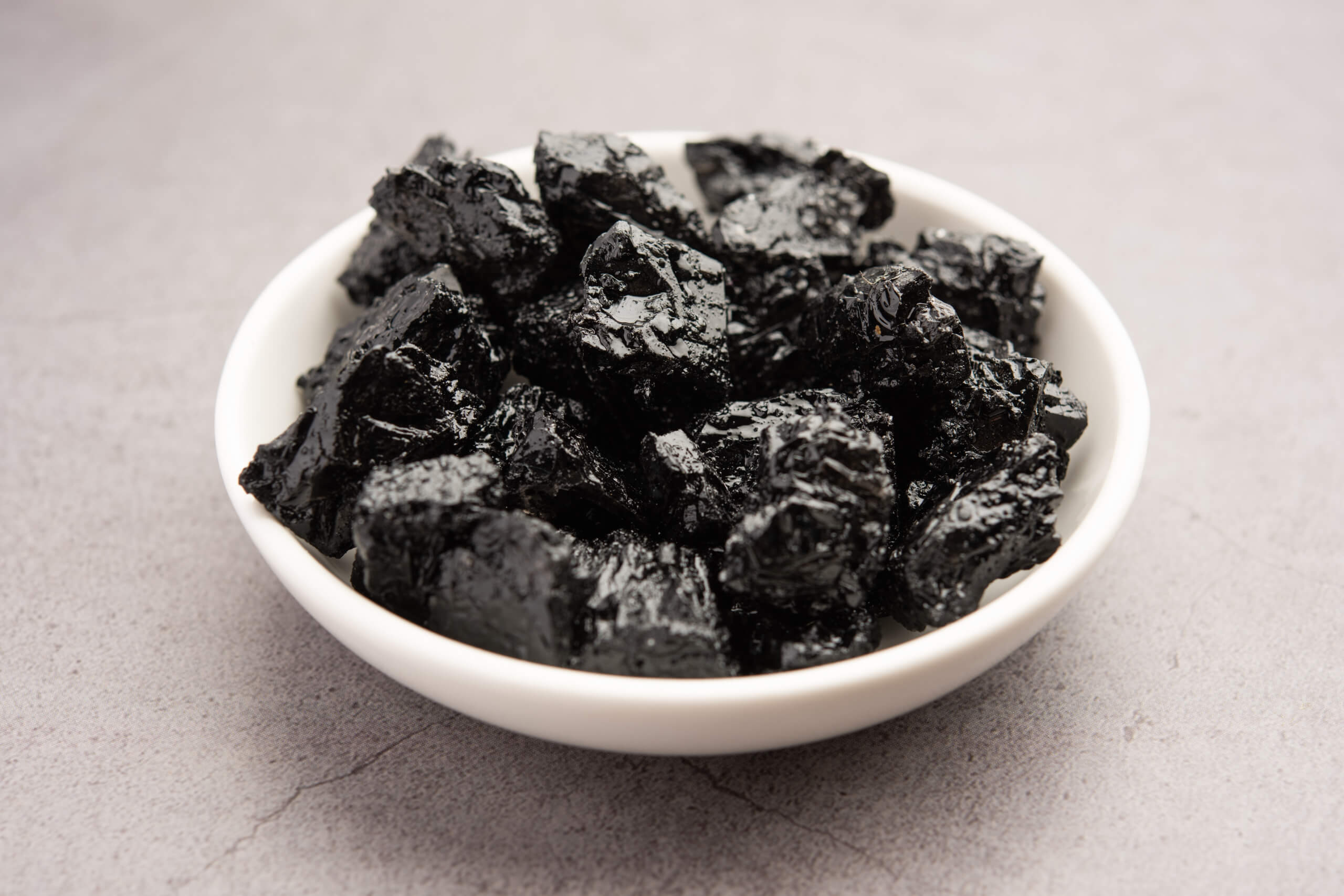Introduction
When it comes to building muscle, most people focus on their workouts and nutrition. But did you know that rest, particularly sleep, plays a crucial role in muscle growth? In this article, we’ll explore the importance of rest and how sleep affects muscle growth.
Understanding Muscle Growth
The Science Behind Muscle Growth
Muscle growth, also known as hypertrophy, occurs when muscle fibers repair and grow after being stressed during exercise. This process involves protein synthesis, hormonal changes, and adequate nutrient intake.
Key Factors Influencing Muscle Growth
Several factors influence muscle growth, including genetics, diet, exercise intensity, and rest. While many focus on the first three, rest is often overlooked, despite its vital role in recovery and growth.
The Role of Sleep in Muscle Growth
Sleep Stages and Muscle Recovery
During sleep, your body goes through different stages, including light sleep, deep sleep, and REM sleep. Deep sleep, in particular, is crucial for muscle recovery as this is when the body repairs and builds muscle tissue.
Importance of Deep Sleep
Deep sleep, also known as slow-wave sleep, is when the body releases growth hormone, essential for muscle repair and growth. Without adequate deep sleep, muscle recovery is compromised, hindering overall muscle development.
How Sleep Deprivation Impacts Muscle Growth
Decreased Protein Synthesis
Sleep deprivation can lead to decreased protein synthesis, the process by which the body builds muscle. Without enough sleep, the body cannot effectively repair and grow muscle tissue.
Increased Cortisol Levels
Lack of sleep increases cortisol levels, a stress hormone that can break down muscle tissue and inhibit muscle growth. High cortisol levels also reduce the production of growth hormone.
Reduced Growth Hormone Production
Growth hormone is crucial for muscle growth, and its production peaks during deep sleep. Insufficient sleep disrupts this process, leading to reduced muscle growth and recovery.
Benefits of Quality Sleep for Muscle Growth
Enhanced Recovery
Quality sleep allows the body to repair muscle tissue more effectively, leading to enhanced recovery and growth.
Improved Performance
Adequate rest improves overall physical performance, enabling you to work out more efficiently and effectively.
Better Hormonal Balance
Quality sleep helps maintain a healthy hormonal balance, which is essential for muscle growth and overall health.
Tips for Improving Sleep Quality
Establishing a Sleep Routine
Going to bed and waking up at the same time every day helps regulate your body’s internal clock, improving sleep quality.
Creating a Sleep-Friendly Environment
Ensure your bedroom is conducive to sleep by keeping it dark, cool, and quiet. Invest in a comfortable mattress and pillows.
Limiting Stimulants and Screen Time
Avoid caffeine and other stimulants close to bedtime. Reduce screen time in the evening to minimize blue light exposure, which can interfere with sleep.
Supplements to Aid Muscle Growth and Sleep
Importance of Balanced Nutrition
A balanced diet rich in protein, healthy fats, and complex carbohydrates supports muscle growth and overall health.
Recommended Supplements
Certain supplements can aid in muscle growth and improve sleep quality. For instance, magnesium supports muscle relaxation and recovery.
MK 677: A Supplement for Muscle Growth
MK 677, also known as Ibutamoren, is a popular supplement that promotes muscle growth by increasing growth hormone levels. It also supports better sleep, making it an excellent addition to your muscle-building regimen.
Common Sleep Myths and Misconceptions
Myth: More Sleep Always Equals Better Recovery
While adequate sleep is essential, quality matters more than quantity. Deep, restorative sleep is crucial for muscle recovery.
Myth: You Can Catch Up on Sleep
You cannot fully compensate for lost sleep. Consistent, quality sleep is necessary for optimal muscle growth and recovery.
How Much Sleep Do You Really Need?
Individual Sleep Needs
Sleep needs vary from person to person, but most adults require 7-9 hours of sleep per night for optimal health and performance.
Signs of Adequate Sleep
Signs that you’re getting enough sleep include feeling rested upon waking, having stable energy levels throughout the day, and being able to concentrate and perform well during workouts.
The Connection Between Sleep and Overall Health
Sleep and Mental Health
Quality sleep is essential for mental health, reducing the risk of anxiety and depression, which can indirectly affect muscle growth.
Sleep and Immune Function
Adequate sleep supports a healthy immune system, allowing the body to repair and build muscle tissue more effectively.
Conclusion
In conclusion, sleep is a critical component of muscle growth and overall health. Prioritizing quality sleep can enhance muscle recovery, improve performance, and maintain a healthy hormonal balance. By incorporating good sleep habits and considering supplements like MK 677, you can optimize your muscle-building efforts.
FAQs
- How does sleep affect muscle recovery?
- Sleep, especially deep sleep, is when the body repairs and builds muscle tissue, making it crucial for muscle recovery.
- What are the best supplements for muscle growth?
- Supplements like protein powder, creatine, and MK 677 can support muscle growth.
- Can you build muscle without adequate sleep?
- While you can still build muscle, inadequate sleep significantly hinders the muscle recovery and growth process.
- How much sleep do athletes need?
- Athletes may require more sleep, typically 8-10 hours per night, to support recovery and performance.
- What are the signs of poor sleep affecting muscle growth?
- Signs include prolonged muscle soreness, reduced workout performance, and increased susceptibility to injuries.
Related Posts
31/12/2024
Saw Palmetto: Support Prostate Health and Boost Testosterone
Saw Palmetto, a powerful herbal extract, has been a popular choice for men looking to support prostate health and…
21/12/2024
Fadogia Agrestis: Unlocking Natural Testosterone Boost
Are you searching for a natural way to supercharge your testosterone levels? Enter Fadogia Agrestis, a powerhouse herb…
09/12/2024
Top Protein Sources for Maximum Muscle Gain
Quisque non est quis libero ornare egestas vel ut arcu. Ut non mauris maximus, consectetur lorem et, interdum quam. Nam…
27/11/2024
The Benefits of Shilajit for Testosterone and Muscle Mass
Have you ever heard of Shilajit? This sticky, tar-like substance has been revered in Ayurvedic medicine for thousands…
15/11/2024
How TongKat Ali Boosts Testosterone: What You Need to Know?
Struggling with energy levels, mood swings, or difficulty gaining muscle? These could all be signs of low testosterone.…
03/11/2024
Strategies to Combat Male Hair Loss
Male hair loss is a common challenge affecting men worldwide, with a multitude of factors contributing to this concern.…
22/10/2024
How to Combat Fatigue and Increase Energy Naturally for Men
Fatigue can sneak into your life for several reasons, and when it hits, it feels like you're dragging yourself through…
10/10/2024
Effective Strength Training Workouts for Muscle Growth
Strength training is one of the most effective ways to increase muscle mass. Whether you’re lifting weights or using…
28/09/2024
5 Lifestyle Changes to Improve Men’s Mental Health
Mental health is just as important as physical health, yet it often doesn't receive the attention it deserves,…











